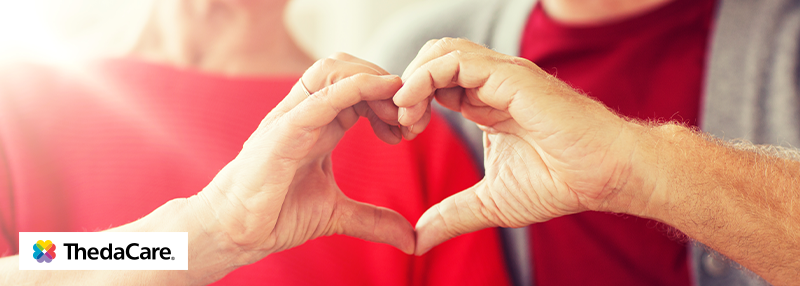
As February marks American Heart Month, it's the perfect time to shine a spotlight on heart health, especially among our elderly population. Aging brings about changes in the cardiovascular system, making it crucial for seniors to adopt heart-healthy habits. In this blog, we will explore practical heart-healthy hacks tailored to elderly patients.
-
Stay Physically Active: Engaging in regular physical activity is essential for maintaining heart health. Encourage elderly individuals to incorporate low-impact exercises into their routine, such as walking, swimming, or tai chi. Even short, daily strolls can make a significant difference.
-
Adopt a Balanced Diet: A heart-healthy diet is crucial for cardiovascular well-being. Emphasize the importance of a diet rich in fruits, vegetables, whole grains, and lean proteins. Reducing salt and saturated fats can help manage blood pressure and cholesterol levels.
-
Stay Hydrated: Dehydration can strain the heart, so it is vital for seniors to stay well-hydrated. Ensure they have easy access to water throughout the day and encourage the consumption of hydrating foods like fruits and vegetables.
-
Manage Stress: Chronic stress can negatively impact heart health. Implement stress-reduction techniques like meditation, deep breathing exercises, or engaging in hobbies that bring joy and relaxation.
-
Regular Health Check-ups: Regular health check-ups are crucial for early detection of any cardiovascular issues. Ensure that elderly individuals visit their healthcare provider regularly for blood pressure, cholesterol, and overall heart health assessments.
-
Monitor Medications: Many seniors take medications for various health conditions. It's essential to monitor these medications and consult with healthcare providers to ensure they do not adversely affect heart health.
-
Get Quality Sleep: Adequate, quality sleep is vital for heart health. Encourage a regular sleep schedule and create a comfortable sleep environment, addressing factors like noise and light that may disrupt sleep.
-
Socialize and Stay Connected: Social isolation can contribute to heart problems. Encourage elderly individuals to stay socially connected, whether through family visits, community events, or virtual interactions. A robust social support system positively impacts mental and cardiovascular health.
-
Quit Smoking: If applicable, quitting smoking is one of the most impactful changes for heart health. Provide resources and support for those looking to quit this habit.
-
Heart-Healthy Recipes: Share simple and heart-healthy recipes tailored for seniors, focusing on nutrient-dense, easy-to-prepare meals. This can make adopting a heart-healthy diet more accessible and enjoyable.
American Heart Month serves as a reminder that it's never too late to prioritize heart health. By incorporating these heart-healthy hacks into the lives of elderly individuals, we can promote overall well-being and contribute to a healthier, more vibrant senior community. Encourage small, sustainable changes, celebrate progress, and foster a culture of heart health that extends far beyond February.

